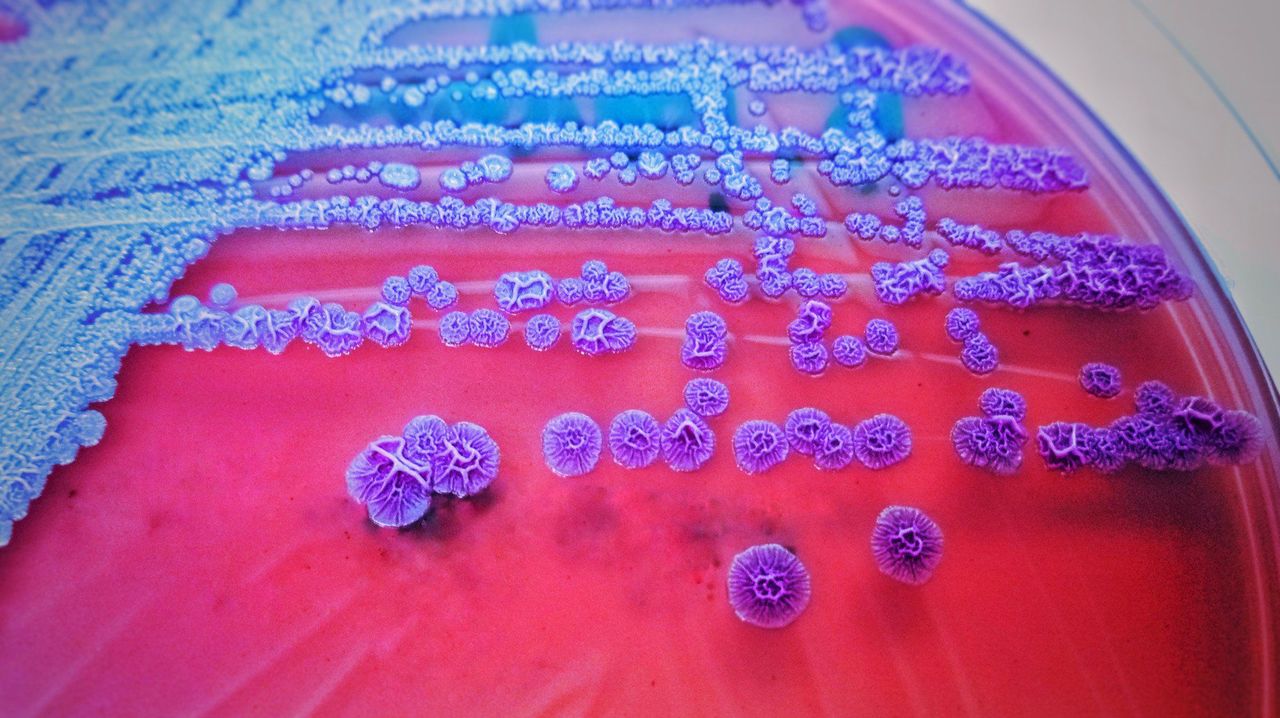Hong Kong News

Soil at Hong Kong building site contaminated with bacterium that causes infectious disease
Bacterium that can cause serious illness has been found in soil samples taken from a Hong Kong building site, health authorities have revealed.
Doctors announced the discovery as another case of the infectious disease melioidosis was recorded on Friday.
The four soil samples, collected in Sham Shui Po by Hospital Authority staff in early October, were found to be positive for the bacterium Burkholderia pseudomallei, which causes melioidosis, after DNA testing was carried out.
“I know the four soil samples were discovered in one side of the construction site, as some mud has been dug up,” said Dr Chuang Shuk-kwan, head of the Centre for Health Protection (CHP) communicable diseases branch.
“We took some surface samples from the mud and four of them tested positive.”
Chuang said 22 of the 31 cases recorded this year were found in Sham Shui Po, with 19 infections recorded from August.
But she emphasised that none of those infected had worked, entered or walked near the construction site.
A total of seven people have died with the disease this year.
Melioidosis is normally spread through contact with contaminated soil or surface water and symptoms include fever, headache and localised pain or swelling.
Severe cases, however, can involve pneumonia and sepsis – when the immune system starts to attack healthy tissue.
The latest case involved an 83-year-old man with several other medical conditions who lived in Sham Shui Po.
The CHP said he was found unconscious after he fell at home and was sent to the Caritas Medical Centre on October 17.
Microbiologist Yuen Kwok-yung, who was asked by the CHP to assist with the investigation, emphasised that it was too early to decide whether the construction site was the source of the area’s infections.
 The bacterium that causes the infectious disease melioidosis.
The bacterium that causes the infectious disease melioidosis.
He highlighted that the test results only showed there were traces of the bacterium’s DNA, but did not show whether it was alive or dead.
“This outbreak has lasted for at least nine months, we need to figure out everything before we can say anything,” Yuen said. “For the time being, we have only found traces of the virus at the construction site.”
He said that it was likely that the soil in the surrounding area also had traces of the bacterium.
Yuen added that earlier studies had shown that out of 1,400 soil samples taken in Hong Kong, 6.8 per cent had tested positive for the bacterium.
But he stressed there was no need for the public to panic.
“If your immune system is normal, you don’t have diabetes, you are not taking steroids or have any serious issues with your immune system, there is a very low chance of being infected,” Yuen said.
But he advised the public, especially people with immune system problems or chronic illnesses, to use boiled water when brushing their teeth.
He added people should also not come into contact with the initial stream of water when they used a tap or shower.
Yuen said calcium hydroxide, which can be used as a disinfectant, would be added to the soil at the construction site to protect workers and those living nearby.
The 150 employees on the site will also be screened for melioidosis.
“I think for the time being, we shouldn’t say the source was the construction site, water or other possibilities,” Yuen said.
“We have even taken the handwashing soap that the patients have at home for testing.”











